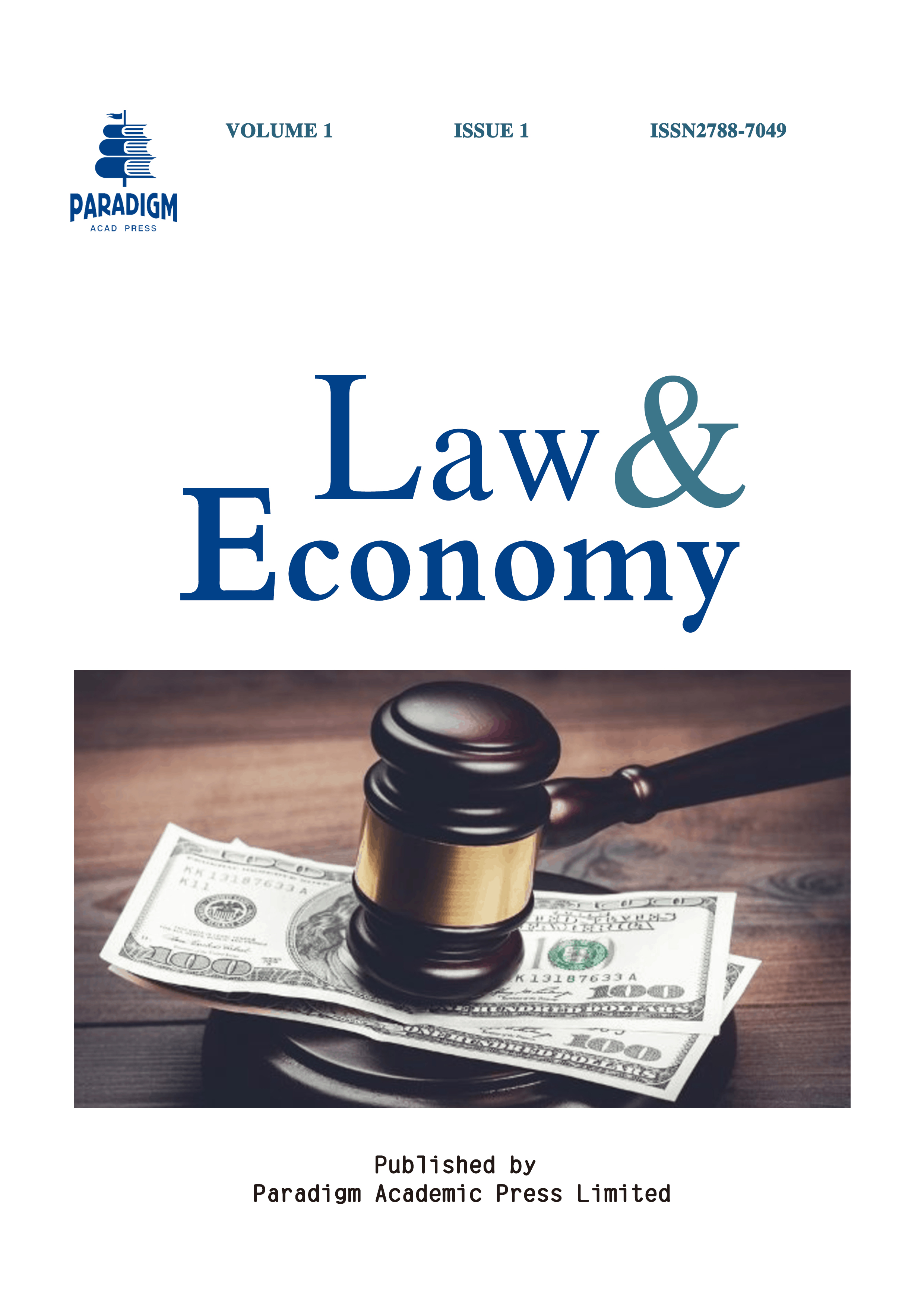Procedural Subject Rights Protection of the Ward as the Defendant in an Infringement Lawsuit
DOI:
https://doi.org/10.56397/LE.2022.09.02Keywords:
wards, eligible parties, right of procedural subjectAbstract
The theoretical discussion of the wards’ litigation status mainly includes five viewpoints. It includes the perspectives that taking the wards as the defendant, the guardian as the defendant, the guardian and the wards as a joint defendant, the guardian as the legal agent and the wards as a third party who does not have the right to make an independent claim. There are diverse defendant selection models in judicial practice, but the most common practice is to list a guardian as a defendant directly. The five viewpoints mainly present the value considerations from three perspectives: utilitarianism, legal receptivism and debatingism. In judicial practice, there are even richer choices. The common practice is to list the guardian as the defendant directly, but this practice is not conducive to protecting the guardian’s procedural subject status and litigation rights. Therefore, the system of judge’s right of interpretation should be used to bridge the loopholes and risks caused by the lack of litigation ability of the wards. Attentions should be paid to the new problems that may be brought under the principle of interventionism. It is necessary to clarify the scope of the judge’s right of interpretation and the system should be different with the differences within the group of wards. It should be matched with the three-level gradient. In this way, the dynamic protection of the rights of the guardian’s procedural subject will be realized. The procedural subject authority of the ward shall be consistent with the substantive law and procedural laws and abide by the principle of procedural protection. On the basis of clarifying the qualification of the subject of the guardian ad litem, the risk of the procedural status imbalance caused by the insufficiency of the wards ad litem ability can be healed through the judge interpretation power system. While the attentions need to be paid to the new problems brought from the principle of interventionism. Therefore, it is necessary to further clarify the boundary of the judge’s interpretation right in this matter and realize the dynamic guarantee of the procedural rights of the ward while respecting the disposition power of the parties.


